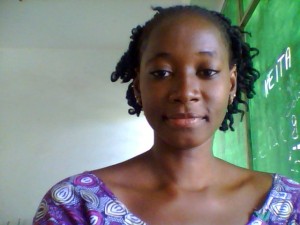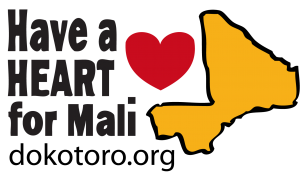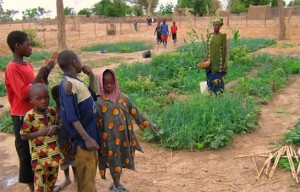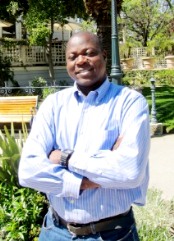Earlier this year, we received word that one member of our 4-person translation team would be leaving to pursue other opportunities. Thanks, Abdoulaye Coulibaly, for all your hard work. We wish you nothing but success in your future endeavors!
Please join us in welcoming the newest member of the team, Yagare Magassa. We asked her to write a short introduction, which appears below.
My name is Yagare Magassa; go by Mamay (or Mamaï). I studied English in the Faculté des Lettres, Langues, Arts et Sciences Humaines (or FLASH) at the University of Bamako from 2002–2006. After university, I worked with Americans and Germans as a language facilitator and with Malians as a teacher, merchant, and actress. I like to travel, to study, to walk (for sport) and to speak foreign languages. I speak English, French, Soninke, and Bambara.
With the existing situation in Mali, things like the job market and other activities are completely stopped. So this translation project is a fantastic opportunity for me to not only keep my knowledge and acquire new specialized vocabulary, but most importantly to help other people in difficulty. Because this book will help teach members of the Bambara-speaking population to help themselves for may years to come, I’m so proud to be involved with this program.






